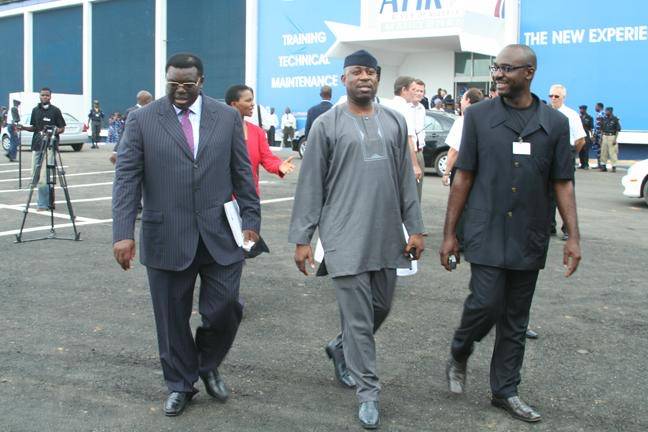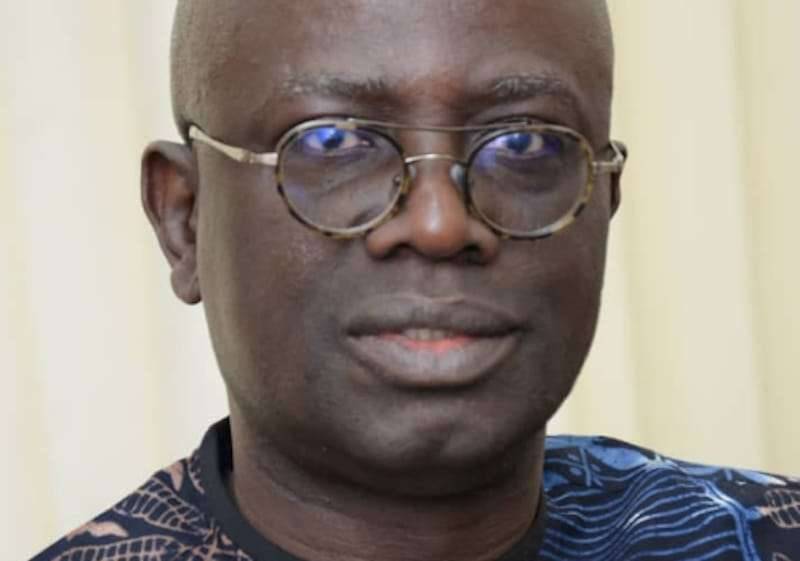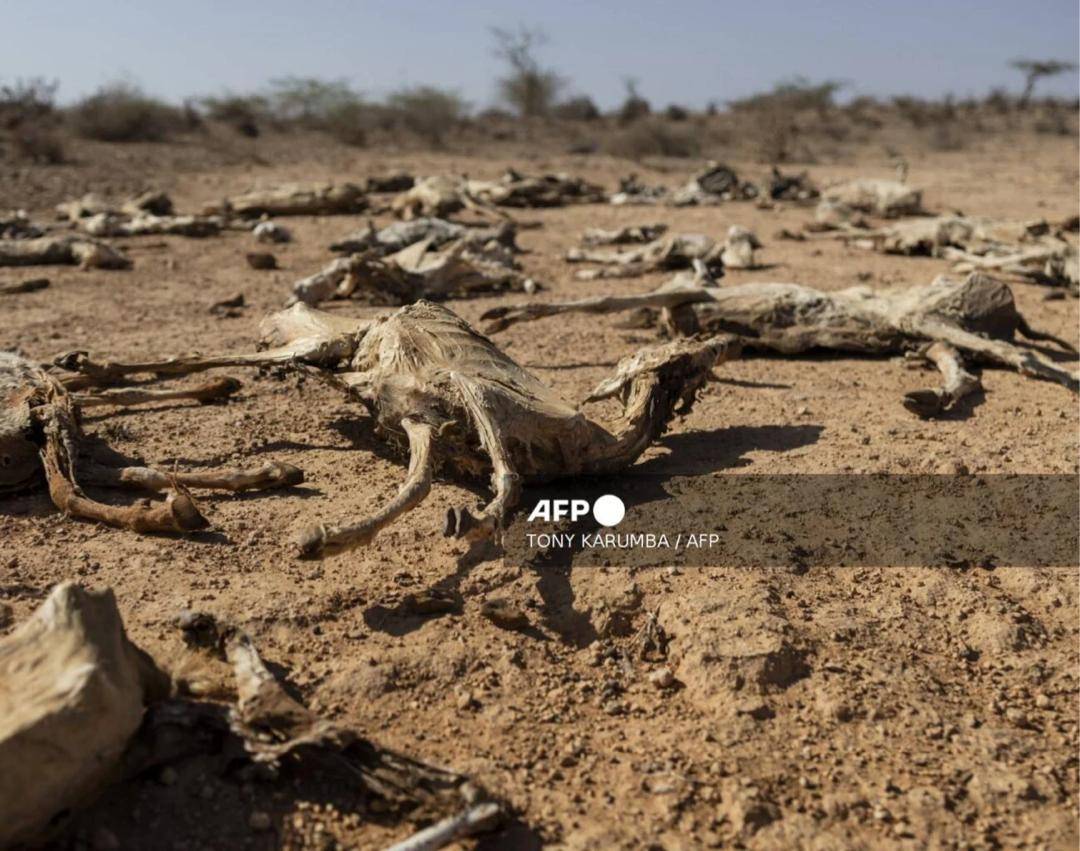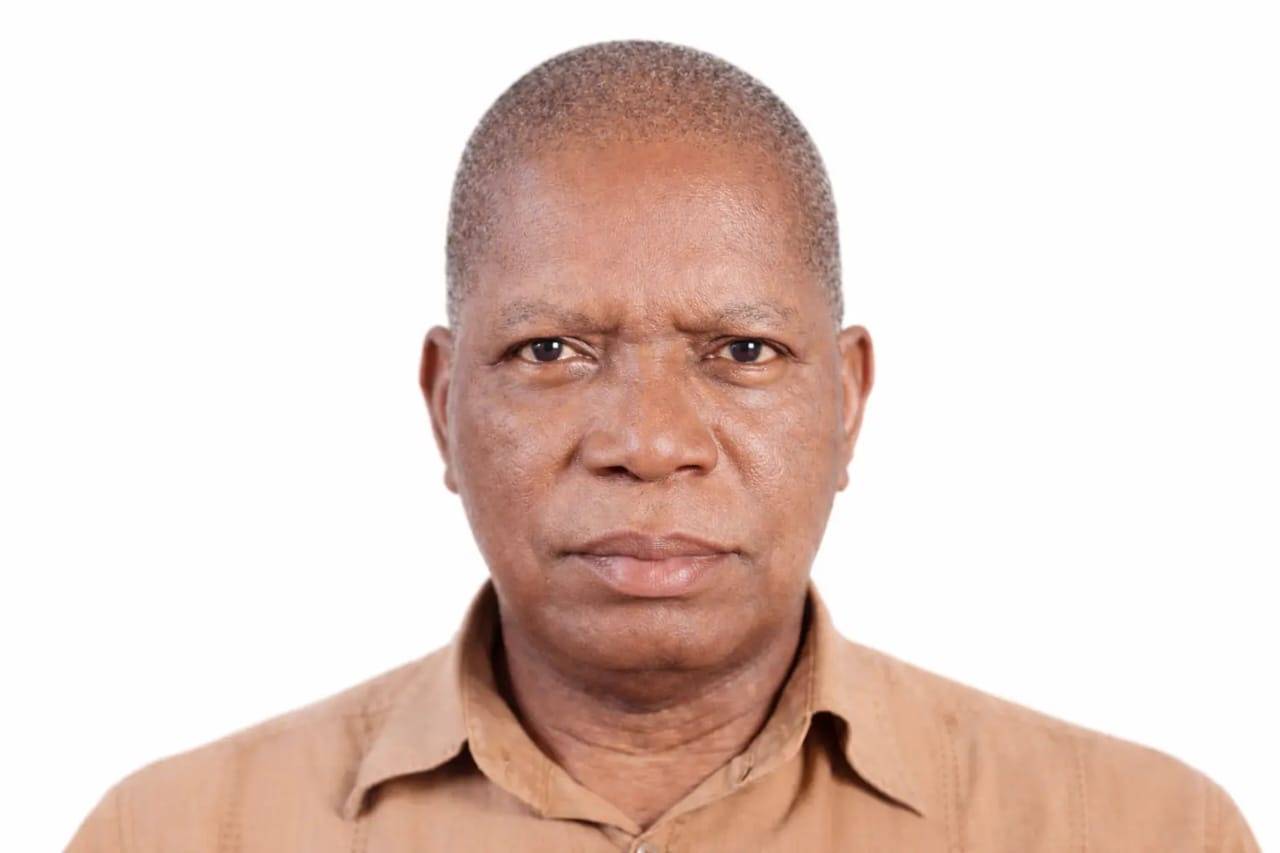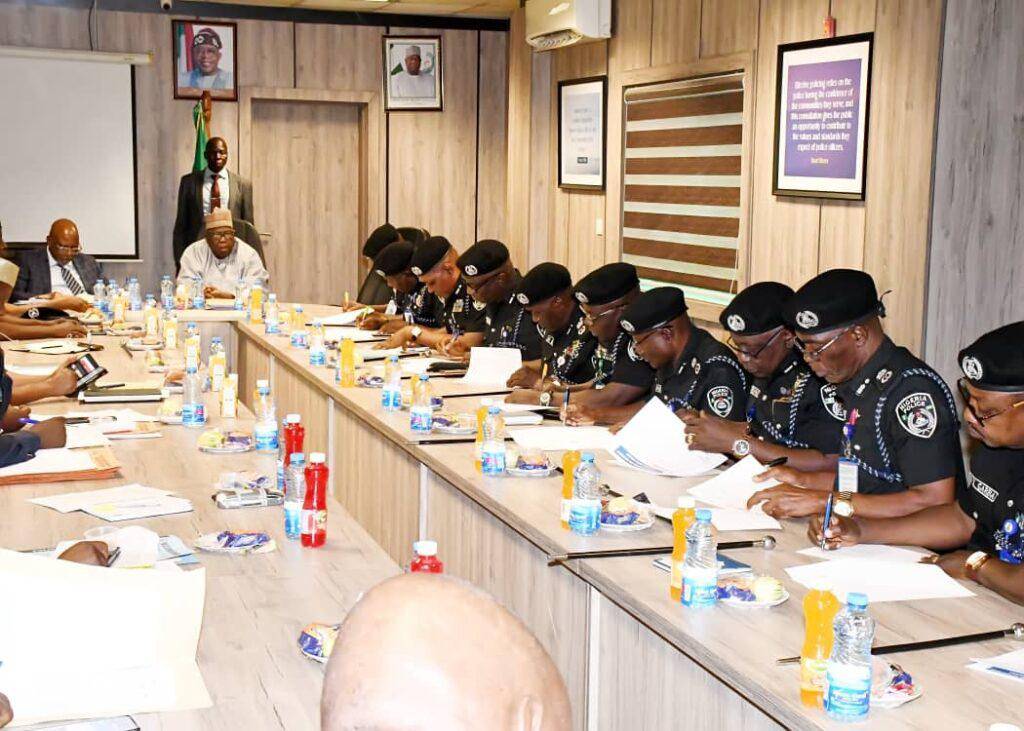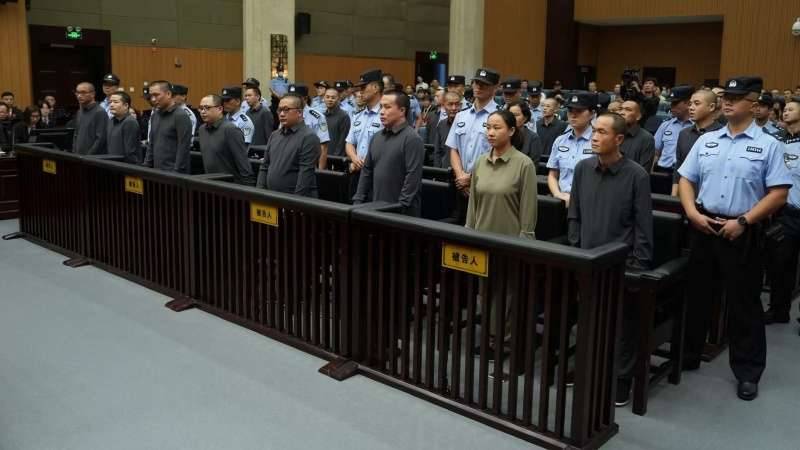On 30 October 2006, a vision took to the skies. Arik Air lifted off from the tarmac of Murtala Muhammed Airport, Lagos — a bold declaration that Nigerians could build and operate an airline of world-class standard.
That day, Asiwaju Bola Ahmed Tinubu, then Governor of Lagos State (now President of Nigeria), represented by Mr. Dele Alake, flagged off the airline with pride and optimism. Little could he have imagined that, nineteen years later, that same airline would return to his presidential desk — not as a triumph, but as a tragedy of mismanagement under the Asset Management Corporation of Nigeria (AMCON).

Arik began with brand-new aircraft, state-of-the-art systems, and audacious ambition. At its peak, it flew 22 new airplanes, connected every major Nigerian airport, expanded into West and Central Africa, and carried Nigeria’s flag proudly to London, New York, and Johannesburg.
Its workforce were not just employees; they were ambassadors of Nigerian excellence. Pilots trained at Oxford, managers at Cranfield and Boeing, engineers at Lufthansa Technik. Arik became Africa’s fastest-growing airline — admired, trusted, and respected.
International financiers such as US Exim Bank, Export Development Canada, and Afrexim Bank supported its rise, while Lufthansa Technik provided maintenance. For once, Nigerians saw aviation that inspired confidence: punctual flights, gleaming aircraft, and dignity in the skies.
Turbulence Ahead
But the winds changed.
Arik’s growth, financed through a consortium of international lenders at a sustainable 2.5% interest rate, was derailed by a financial scandal that began in 2010. Union Bank — a local guarantor of the foreign credit lines — sold its guarantee portfolio to AMCON, misrepresenting it as loans it had granted to Arik.
Years later, investigations by the Economic and Financial Crimes Commission (EFCC) revealed the truth: Union Bank never granted those loans. The transaction was fraudulent from inception. Yet, AMCON bought the “debt,” imposed a crippling 18% interest rate, and turned a performing, solvent airline into a financial casualty.
That single act of bureaucratic recklessness became Arik’s descent into chaos. Maintenance budgets were reviewed by bankers as just numbers without an inkling of consequences on planning and scheduling, cash flows strangled, and the airline’s balance sheet deliberately sabotaged. The once high-flying Nigerian airline was forced into turbulence — not by poor performance, but by state-enabled financial sabotage.
The AMCON Takeover — A Hard Landing
On 9 February 2017, AMCON announced it had taken over Arik under receivership — calling it a rescue. For many, it felt more like an ambush. Infact, Nigerians in worldwide watched in awe a Nigerian Senator on national television saying, “take it, take it….” Ofcourse without introspection but excitement, now we are all living witnesses.
The appointed receiver, Oluseye Opasanya, SAN, and the new CEO, Capt. Roy Ilegbodu, took control without proper handover notes or inventory — a shocking procedural failure for such a critical operation. The founder, Johnson Arumemi-Ikhide, was reportedly detained overnight at AMCON’s instance — a symbolic show of force that revealed the true intent of the so-called intervention.
From that day, Arik’s fortunes nosedived. The airline that once operated 140 daily flights on 60 routes now struggles to maintain six domestic flights daily — and reportedly has only one functioning aircraft as of today 30October 2025.
AMCON’s claims of “stabilizing” Arik are a cruel joke. The once-bustling hangar at Lagos Airport, once filled with shiny new jets, now lies littered with abandoned, cannibalized aircraft — a graveyard of Nigeria’s aviation dreams.
Receivership, it turned out, was not a rescue. It was a hijack — a calculated destruction of value.
The EFCC Exposé and the Pattern of Abuse
By 2023, the EFCC confirmed what some industry watchers had long suspected: the so-called “Union Bank loan” was a fraud. The bank and several officials are now on trial for deception, misrepresentation, and abuse of office.
Meanwhile, AMCON’s own stewardship has remained opaque. No receiver’s accounts were filed for years. Assets were sold without transparency. Aircraft were stripped, dismembered, and written off without due process. Even performing loans and contractual relationships were reportedly driven into default under AMCON’s receivership management.
In October 2024, AMCON’s new Managing Director, Mr. Gbenga Alade, perhaps without realization that AMCON took over 19 aircraft in Arik at the commencement of the receivership publicly promised to expand Arik’s fleet from three to eight aircraft by March 2025, to help lower airfares. One year later, the promise has evaporated — no new aircraft, no expansion, no relief for the industry.
Aviation, unlike banking, is not a spreadsheet operation. It demands precision, trust, and competence. AMCON’s experiment with Arik has instead destroyed investor confidence — not just in aviation, but across Nigeria’s private sector.
When the Rescuer Becomes the Predator
The AMCON Act was designed to protect the economy, not weaponize state power. Yet its intervention in Arik became a case study in how power, unchecked, breeds ruin.
Under the guise of recovery, AMCON’s agents have often operated with impunity — seizing, selling, and silencing entrepreneurs. In Arik’s case, the so-called rescue obliterated value, jobs, and Nigeria’s reputation with foreign financiers.Institutions like US Exim, Afrexim, Export Development Canada, HSBC, and Bank of America watched their Nigerian investments rot on the tarmac — a clear warning to future investors.
When a government agency acts like a wrecking crew, trust evaporates — and capital follows.
Restoring Faith in Nigeria’s Skies
Today, Nigeria’s aviation sector faces mounting challenges — high fuel costs, dwindling fleets, and shrinking investor trust. Yet, hope remains.
President Bola Ahmed Tinubu has signaled a new era of policy clarity and investor confidence. Aviation Minister Festus Keyamo, SAN, has taken steps to rebuild credibility, attract new entrants, and enforce reciprocity in bilateral air service agreements.
But the Arik Air saga stands as an unhealed wound — a stark reminder that no reform can thrive where institutions misuse power and hide behind legality to commit economic vandalism.
Flight Path to Redemption
Nineteen years after takeoff, Arik Air’s story is both a dream and a warning. It began with vision and pride — but was brought down by greed and mismanagement disguised as rescue.
If Nigeria truly seeks new investment and global respect, it must confront this truth: what happened to Arik under AMCON is not reform. It is economic vandalism under the cover of law.
Now, the same President who watched the bird take its first flight must decide — will he let it crash for good, or will he lead its true rescue?
Let the truth fly again. Let Arik rise, not as a symbol of failure, but of redemption, renewal, and restored confidence in Nigeria’s ability to soar.
Ololade Gbajumo writes from London.


